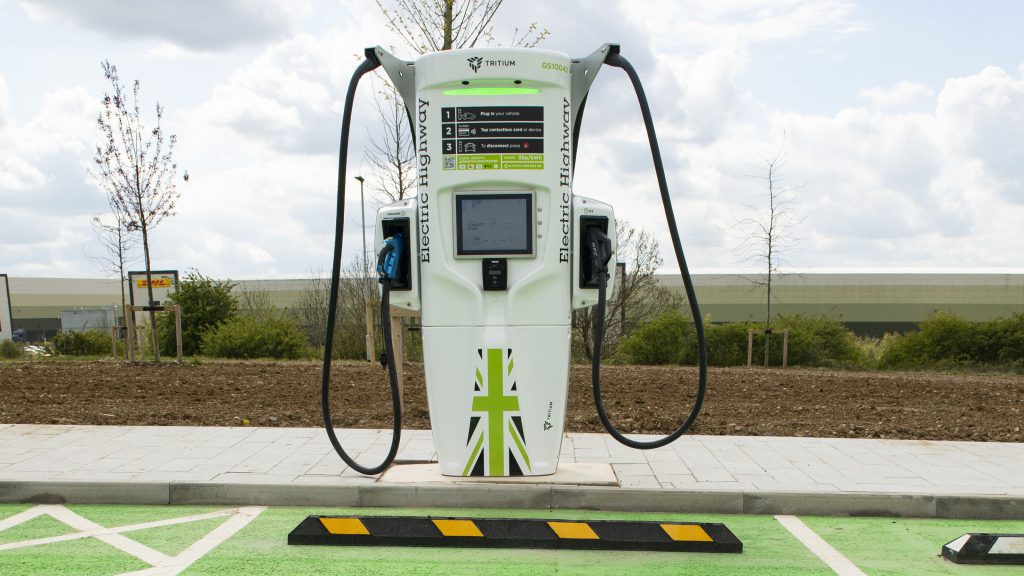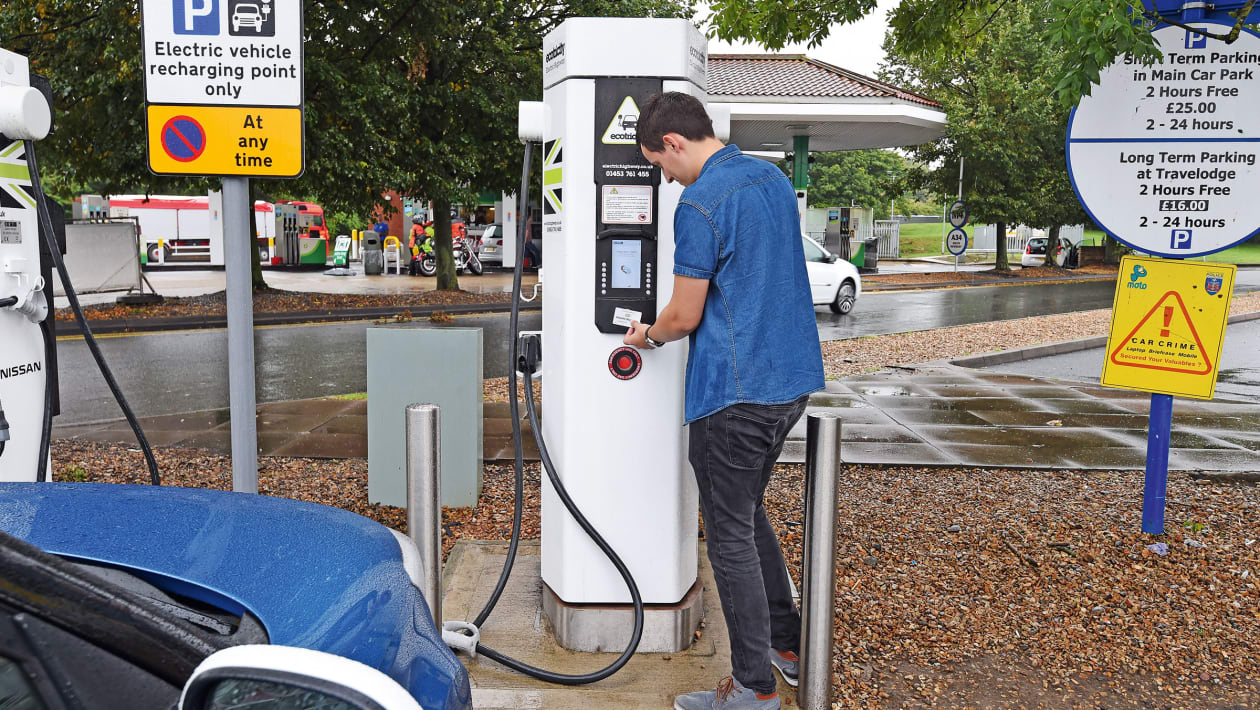The widespread adoption of electric vehicles (EVs) is crucial in achieving sustainable and greener transportation. To support this transition, the UK government set ambitious targets for the installation of EV Charge Points, particularly at motorway service areas. However, recent reports suggest that the government is facing significant challenges in meeting its own goals. In this blog post, we will delve into the details of these reports and explore the implications of the UK government’s potential failure to hit its EV charger target by the end of the year.
The Target and Its Significance
The UK government’s target is to ensure that all motorway service areas have at least six electric vehicle charging points by the end of 2023. These charging points play a vital role in alleviating range anxiety among EV drivers, providing them with a reliable network of charging infrastructure for long-distance journeys. Moreover, they contribute to the overall growth of the EV market by instilling confidence in potential buyers who rely on the convenience of fast and accessible charging facilities.
The Reports
According to recent articles published by RAC, This Is Money, and Fleet News, it appears that the government is not on track to meet its ambitious EV charger target. Various factors are contributing to this shortfall, including delays in planning permission, difficulties in securing adequate funding, and challenges in implementing the necessary infrastructure. The reports highlight concerns from industry experts and consumer groups who are worried about the implications of this delay.
Challenges and Implications
One of the significant challenges faced by the government is obtaining planning permission for the installation of charging points. Motorway service areas are subject to stringent regulations and environmental considerations, which can slow down the process and create hurdles in achieving the desired targets. Additionally, the availability of funding remains a crucial issue. While the government has committed to investing in EV charging infrastructure, securing the necessary finances to cover the costs of installation and ongoing maintenance is proving to be a complex task.
The delay in meeting the EV charger target raises concerns among industry stakeholders and potential EV buyers. Without an adequate number of charging points, drivers may hesitate to switch to electric vehicles due to range anxiety. Long-distance travel becomes less feasible and convenient without a robust and accessible charging infrastructure, hindering the mass adoption of EVs and the reduction of carbon emissions. Moreover, it puts the UK at risk of falling behind in the global race towards a greener future.

Potential Solutions
To address these challenges and get back on track, the government needs to streamline the planning permission process and expedite the deployment of charging infrastructure. Collaboration with local authorities, service area operators, and private investors could help in securing the necessary funding and expediting the installation process. Additionally, public-private partnerships and incentive programs could encourage businesses to invest in EV charging infrastructure, expanding the network beyond motorway service areas.
Furthermore, it is crucial to ensure that the charging points are future-proof and capable of accommodating the growing demand for EVs. Implementing fast-charging capabilities, increasing the number of ultra-rapid charging points, and prioritizing interoperability between different charging networks will enhance the convenience and accessibility for EV drivers.
Conclusion
While the UK government’s target for installing electric vehicle chargers at motorway service areas by the end of 2023 was ambitious and commendable, recent reports suggest that they may fall short of achieving this goal. The challenges associated with obtaining planning permission and securing sufficient funding have hampered progress, leaving the country’s charging infrastructure underdeveloped and potentially hindering the mass adoption of electric vehicles.
To overcome these challenges, the government must take immediate action to streamline the planning process, collaborate with various stakeholders, and explore innovative funding options. By doing so, they can ensure that the UK’s charging infrastructure is robust, future-proof, and capable of supporting the increasing number of EVs on the roads. Only then can the government foster an environment that encourages consumers to embrace electric vehicles and work towards a sustainable and greener future.
Applegarth install EV charge points for businesses, local authorities and homeowners in Liverpool, Wirral, Chester, Cheshire and North Wales. To get a free quote call us on 0151 649 8350 or email info@applegarth.co.uk and a member of our team will get back to you as soon as possible.







